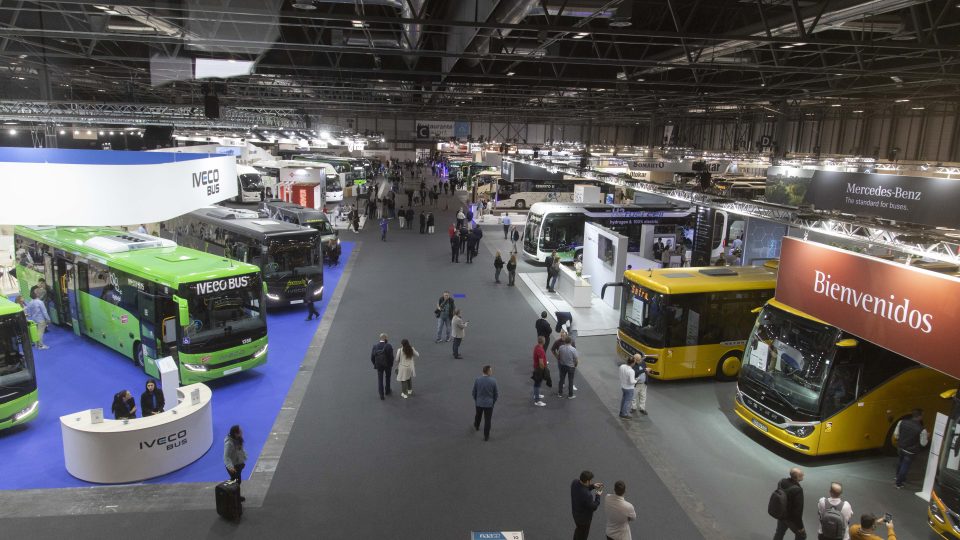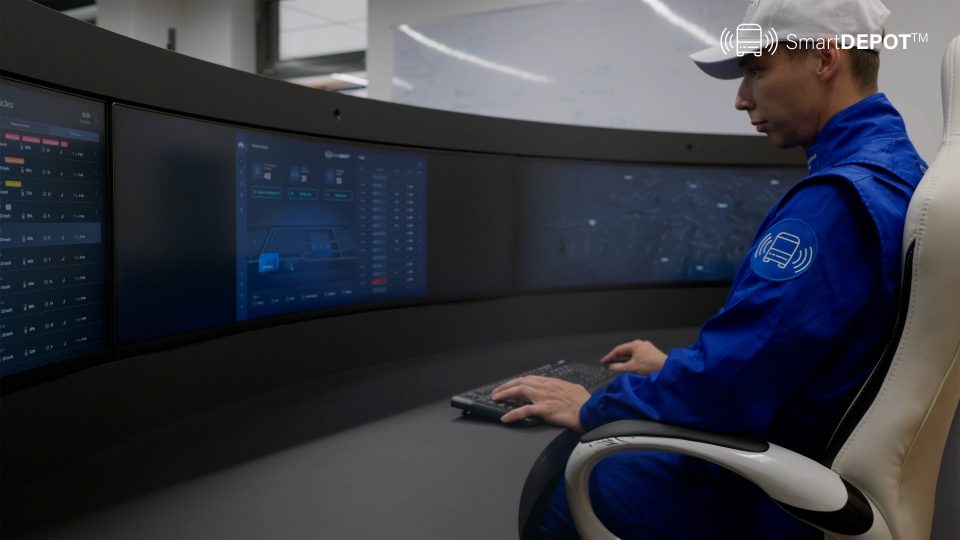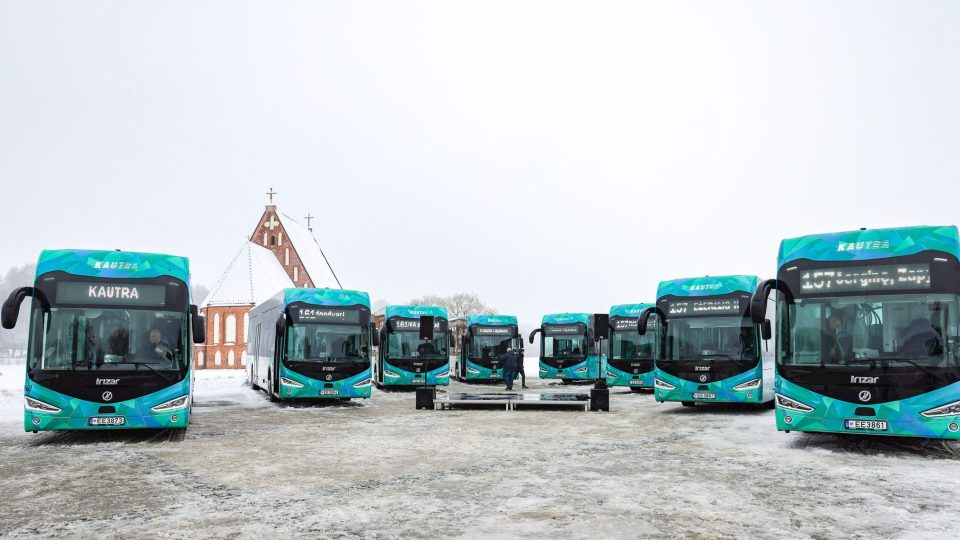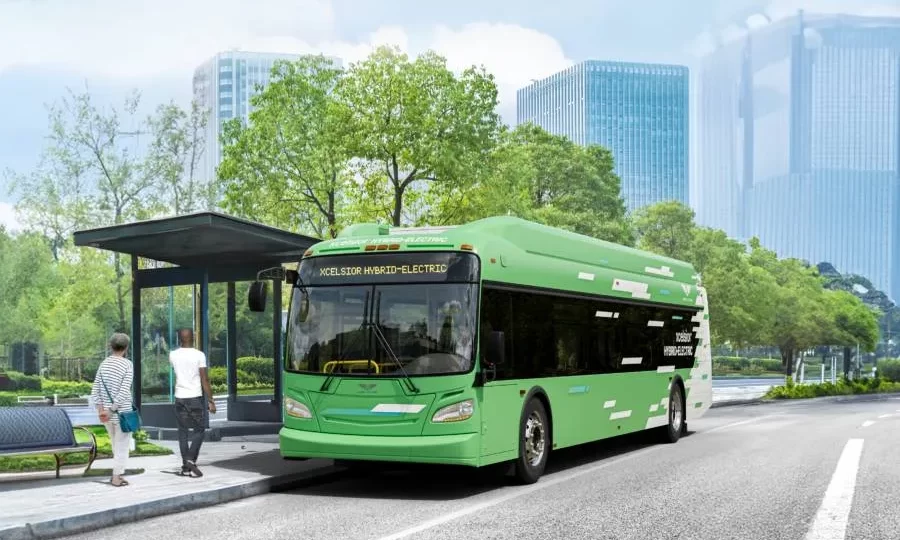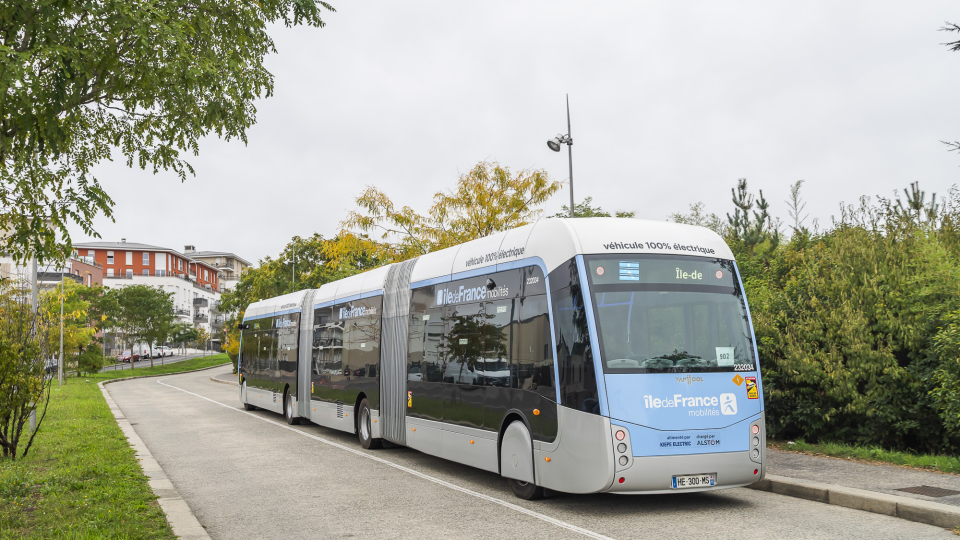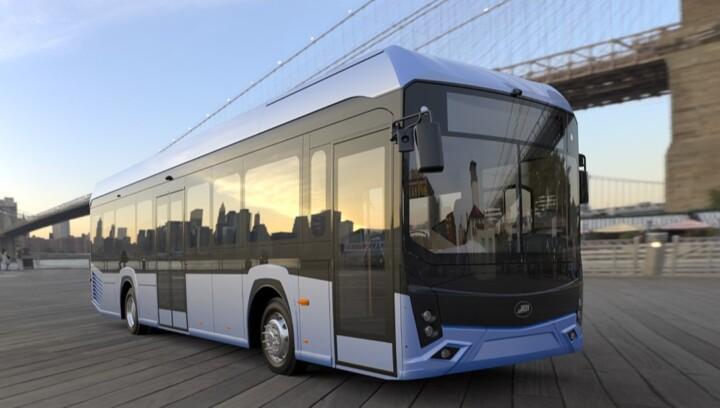Scania is ready to deliver e-buses based on new platform (bodies by Higer and Irizar) in northern Sweden
Following an order received in 2024, Scania is now beginning deliveries of new generation electric buses in Åre, Sweden, a region where temperatures can vary some 60°C during the course of a year. The buses – built on the battery electric platform that was launched at Busworld in October 2023 and recently expanded with a […]
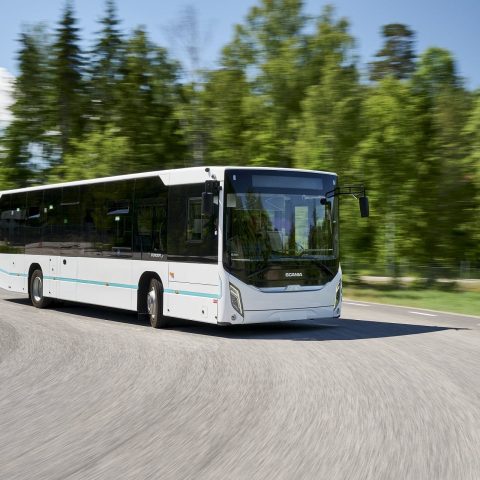
Following an order received in 2024, Scania is now beginning deliveries of new generation electric buses in Åre, Sweden, a region where temperatures can vary some 60°C during the course of a year.
The buses – built on the battery electric platform that was launched at Busworld in October 2023 and recently expanded with a three-axle variant – are now to be delivered and put into operations. Oddly enough, Scania doesn’t mention how many buses are to be handed over.
Scania e-buses coming to Sweden
With deliveries starting this summer, the initial batch includes two-axle low-entry buses of the Scania Fencer f1 model, equipped with four battery packs. In the second step, three-axle low-entry Scania Irizar i3 buses with five battery packs will follow at the turn of the year.
Delivered through a collaboration with local Scania dealer Berners and operator Connect Bus, the buses will be used in both city and suburban operations to make the local public transport system more sustainable as well as safer. The fourteen electric buses will be charged using local and sustainable hydro power.
“We listened to the market and developed an electric bus platform that meets today’s transport needs. This order demonstrates that customers and authorities appreciate its benefits,” says Anna Ställberg, Head of Urban Solutions at Scania. “In addition to having zero tailpipe emissions, the buses are also equipped with the latest road safety technology, including new advanced driver assistance system functionalities.”
“Connect Bus is looking forward to receiving the first batch of electric two- and three-axle buses from Scania. With this order, we are investing in a healthier living environment and taking the next step to making zero emissions the new standard,” says Jonas Kempe, CEO, Connect Bus.

